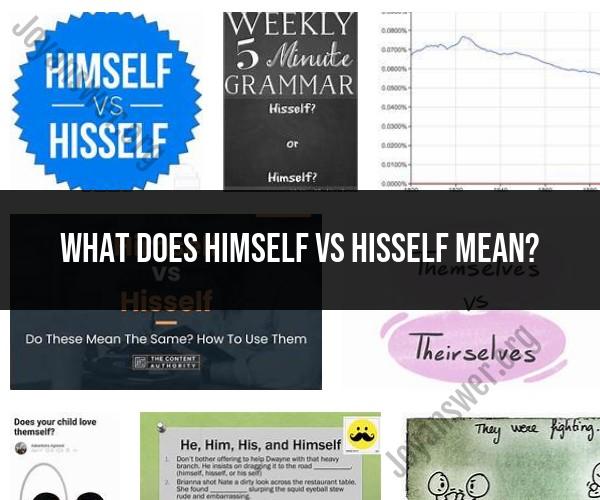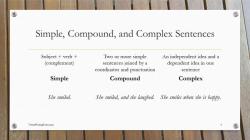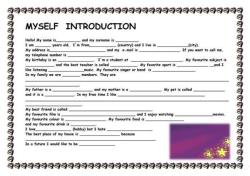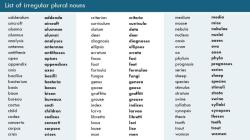What does himself vs hisself mean?
"Himself" and "hisself" are both pronouns in English, but they are not interchangeable, and they have different levels of acceptance in standard English.
Himself:
- "Himself" is a reflexive pronoun used when the subject and the object of a sentence are the same person or thing.
- It is the standard and correct form in English.
- Example: He washed himself. (Here, "he" is both the doer and the receiver of the action.)
Hisself:
- "Hisself" is a non-standard or dialectal variation of "himself."
- It is considered non-standard English and is not commonly used in formal or written language.
- It is often used in some regional dialects or colloquial speech but may be viewed as incorrect in standard grammar.
- Example: He washed hisself. (While this may be used in some dialects, it is not considered standard English. The correct form is "himself.")
In most cases, it is advisable to use "himself" in standard English to avoid grammatical errors. However, you may encounter "hisself" in informal speech or certain regional dialects.
1. "Himself" vs. "Hisself": Exploring the Difference in Usage
The words "himself" and "hisself" are both pronouns, but they have different usages.
Himself is a reflexive pronoun. It is used to refer to the subject of the sentence when the subject and the object of the sentence are the same person. For example:
He hurt himself when he fell.She admires herself in the mirror.They built the house themselves.
Hisself is a nonstandard dialectal form of the pronoun "himself." It is considered to be grammatically incorrect in formal writing and speech.
2. Pronoun Puzzles: A Close Look at "Himself" and "Hisself."
Here are some more examples of how to use the pronoun "himself" in a sentence:
- The king himself will crown the new champion.
- The doctor advised him to take care of himself.
- She caught herself daydreaming in class.
- The children played by themselves while their parents were away.
Hisself is not a correct word in formal writing and speech. It is a nonstandard dialectal form of the pronoun "himself."
3. The Language of Pronouns: When to Use "Himself" and "Hisself."
It is important to note that "himself" is the only correct form of the pronoun in formal writing and speech. "Hisself" is considered to be grammatically incorrect.
If you are unsure whether to use "himself" or "hisself" in a sentence, it is always best to err on the side of caution and use "himself."
Here are some tips for using the pronoun "himself" correctly:
- Use "himself" when the subject and the object of the sentence are the same person.
- Use "himself" to emphasize the subject of the sentence.
- Use "himself" in absolute constructions.
For example:
- He hit himself in the face.
- The president himself will deliver the speech.
- The injured man, dragging himself along the ground, made his way to the nearest house.
I hope this helps to clarify the difference between "himself" and "hisself" and when to use each one.











